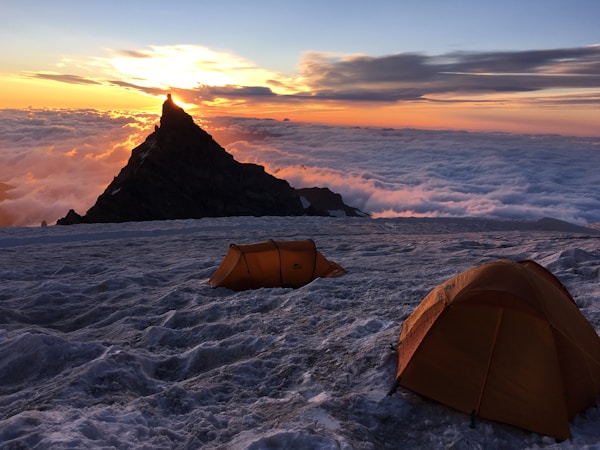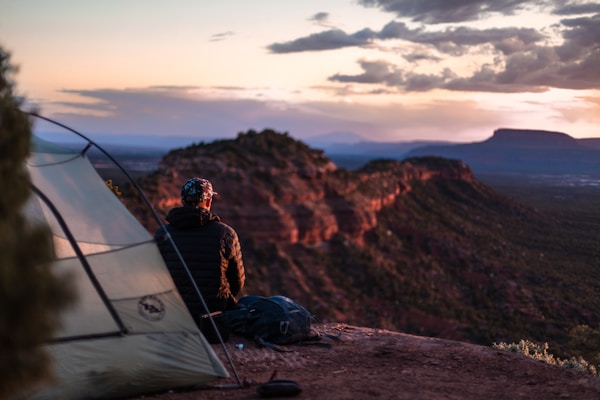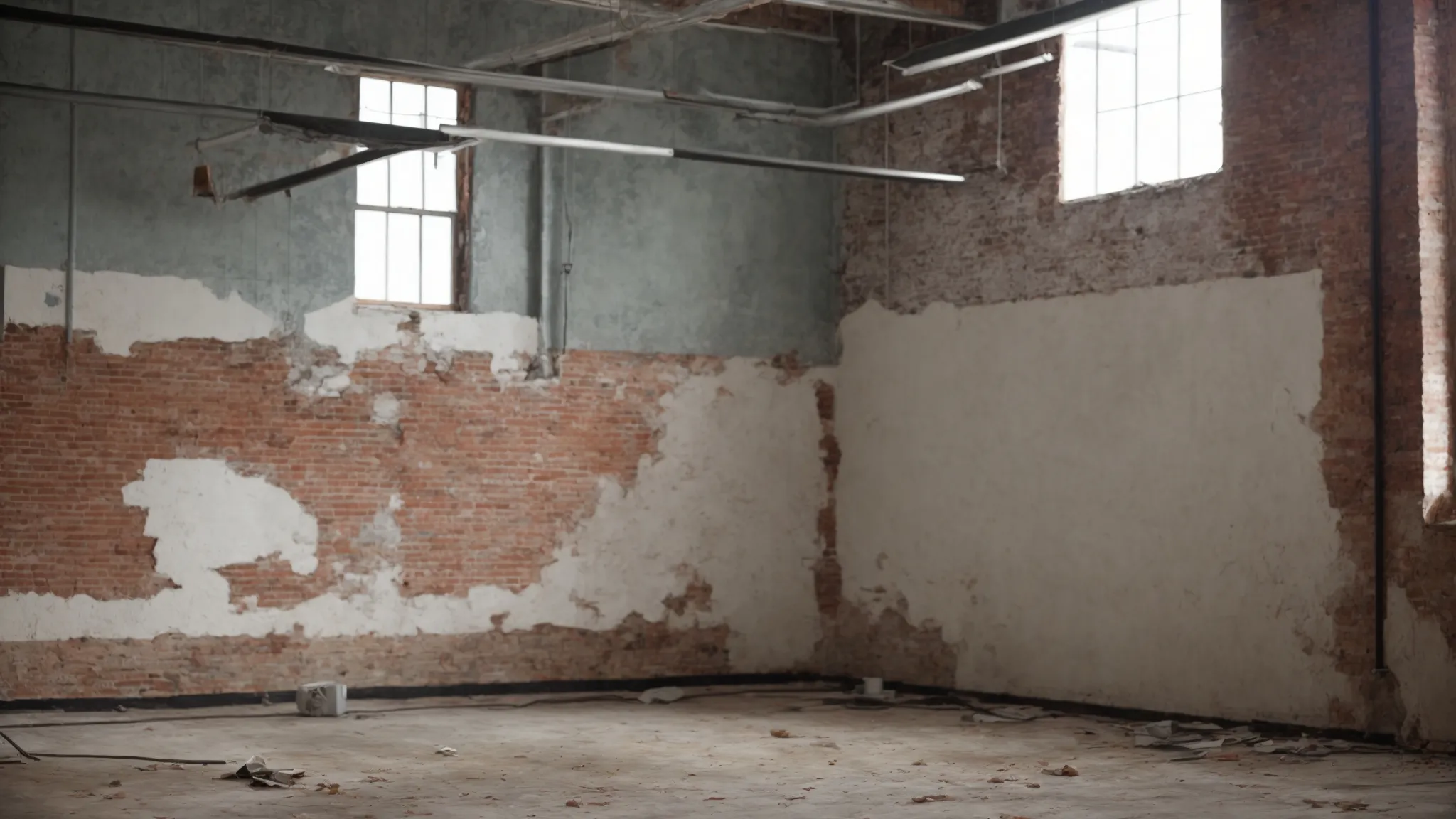For those looking to get away from the hustle and bustle of everyday life and reconnect with nature, a camping trip in the mountains is the perfect way to do it. But planning a camping trip can be hard and stressful, especially if you’re new to camping in the mountains. Luckily, there are plenty of tips and tricks to make planning your camping trip a breeze. Keep reading to learn how to make your camping trip in the mountains a success!
Pack warm clothes.
When planning a camping trip in the mountains, it’s important to pack warm clothes to stay comfortable in cooler temperatures. Make sure to bring layers, such as thermal underwear, a fleece jacket, and a waterproof outer layer to keep warm and dry. Don’t forget to pack accessories like a warm hat, wool socks, and waterproof gloves to keep extremities warm and protected from the elements. Leather waterproof gloves are particularly important for any activities like hiking or gathering firewood where your hands may be exposed to moisture or cold temperatures.
Choose a suitable campsite.

Choosing a suitable campsite is essential when planning a camping trip in the mountains. First, consider the location and accessibility of the site. Look for a site that is easily accessible, but not too close to major roads or trails to avoid noise and crowds. Check the elevation and climate of the area to ensure that you are prepared for the weather conditions. Consider the terrain of the site and look for a flat and stable area to set up your tent. Avoid areas with rocks or roots that can make it uncomfortable to sleep.
Second, consider the amenities and facilities available at the campsite. Look for sites that offer clean water sources, restrooms, and fire pits. Check for any campfire restrictions or permits required in the area. Some campsites may also offer picnic tables and grills, which can make meal prep easier. Finally, be sure to check the rules and regulations of the campsite and respect the environment by properly disposing of trash and leaving the site as you found it. By choosing a suitable campsite, you can enjoy a safe and comfortable camping trip in the mountains.
Check the weather.
When planning a camping trip in the mountains, checking the weather is essential. The weather in mountainous regions can change quickly, and it’s important to be prepared for a range of conditions. Check the weather forecast in the days leading up to your trip, as well as the day of, to ensure you are prepared for any changes. Look for trends in temperature, precipitation, and wind, and be sure to pack accordingly.
Follow “Leave No Trace” principles.

Planning a camping trip in the mountains can be an exciting adventure, but it’s important to be mindful of your impact on the environment. Following the “Leave No Trace” principles can help minimize your impact and preserve the natural beauty of the area for future generations.
The “Leave No Trace” principles include guidelines such as packing out all trash, minimizing campfire impact, respecting wildlife, and camping at least 200 feet away from lakes and streams. It’s important to research the specific regulations for the area you plan to camp in and adhere to any posted guidelines. By being mindful of your impact and leaving the area better than you found it, you can enjoy a memorable camping trip in the mountains while also protecting the environment.
Pack suitable and easy-to-make camping food.
When planning a camping trip in the mountains, it’s important to pack suitable and easy-to-make food. The type of food you bring will depend on several factors, including the length of your trip, the number of people in your group, and any dietary restrictions. Opt for non-perishable items such as canned goods, dried fruits, and trail mix. You can also bring fresh fruits and vegetables that have a longer shelf life, such as carrots, apples, and potatoes. Consider pre-cooking meals and storing them in airtight containers to reduce prep time at the campsite.
Another key factor to consider is the ease of preparation. Keep in mind that you’ll be cooking without the convenience of a full kitchen. Plan for meals that require minimal cooking time and equipment, such as one-pot meals and grilled meats. Don’t forget to pack cooking utensils, a camping stove, and plenty of fuel.
Overall, planning a camping trip in the mountains requires careful consideration in order to ensure a successful and enjoyable experience. By investing the time to prepare for the trip and paying attention to resources like weather forecasts, terrain, and available facilities, campers can benefit from a safe, fun, and memorable journey.





